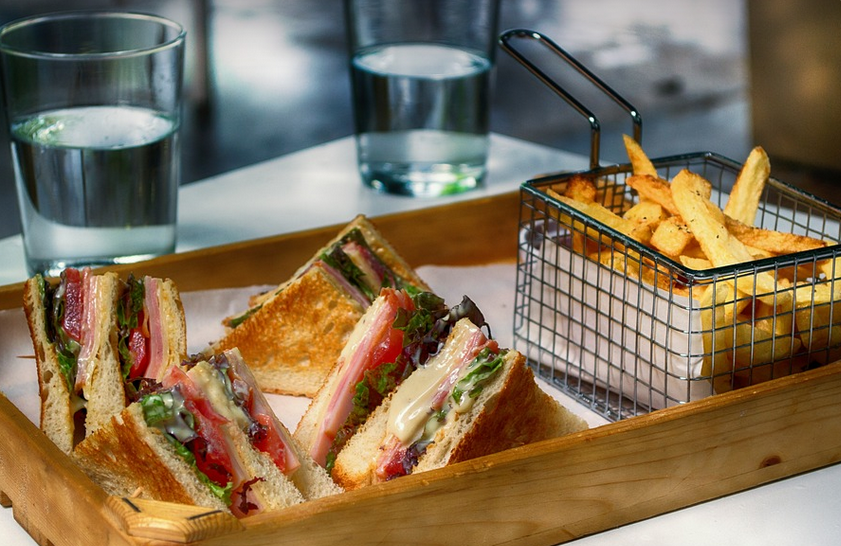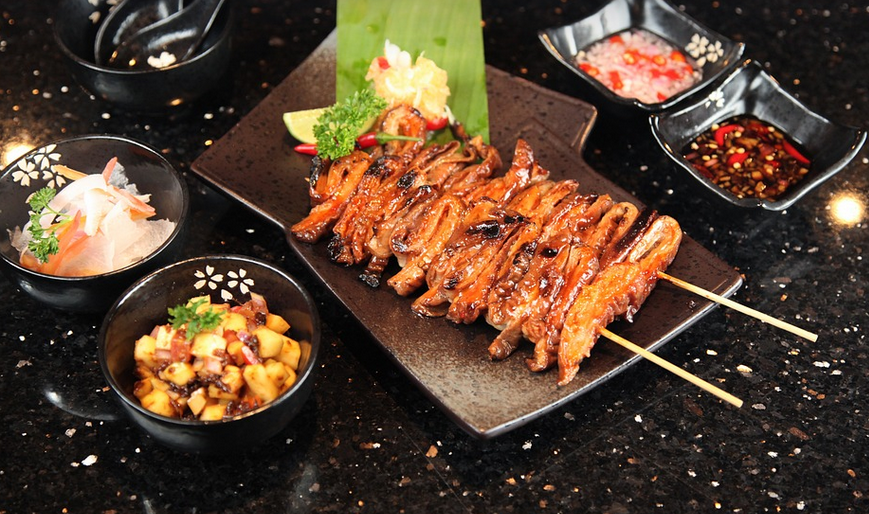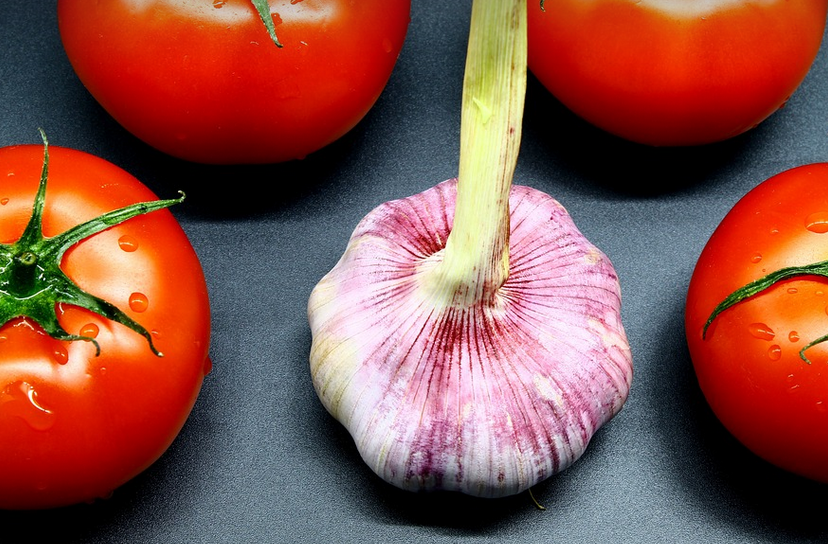Unlocking the Secrets to Shelf Life
So you’ve just stocked up on your favorite vegan cheese, eager to melt it onto a cracker or indulge in a cheesy pasta bowl. But before you go on a culinary adventure, let’s talk about how long that delicious block of “cheese” actually lasts – and what factors play a role in its shelf life.
The Vegan Cheese Factor: A Look at the Ingredients
Vegan cheeses are typically made with plant-based ingredients like soy protein, pea protein, nuts, or coconut oil. These ingredients contribute to both flavor and texture but also play a crucial role in determining how long your cheese will stay fresh.
Shelf Life Breakdown
There’s no single answer to “how long does vegan cheese last,” as it varies depending on the specific type of cheese you have. However, here’s a general guide:
* **Block Cheeses:** These are often the longest-lasting variety. Their larger size and firm textures mean they can withstand prolonged storage. Typically, these block cheeses will last for 2 to 3 weeks in the refrigerator or even longer if stored properly.
* **Shredded Cheeses:** These tend to have a shorter lifespan due to their texture and smaller size. Their crumbly nature can make them more prone to oxidation, leading to flavor and texture deterioration. Shredded cheeses can last for 1 to 2 weeks in the refrigerator, but it’s best to use them sooner rather than later.
* **Soft Cheeses:** These types of vegan cheese typically have a short shelf life due to their high water content, which makes them more susceptible to spoilage. Soft cheeses generally last for only a week in the fridge. Remember that soft cheeses can become rancid and unsafe if not used within this timeframe.
Factors Affecting Shelf Life
Several factors influence how long your vegan cheese will stay fresh. Here’s a closer look at these crucial elements:
* **Storage Conditions:** The storage environment greatly impacts shelf life. Keep your vegan cheese in the refrigerator, preferably in an airtight container or resealable plastic wrap, to minimize oxidation and extend freshness.
* **Expiration Dates:** Don’t rely solely on visual cues; always check the ‘best before’ or ‘use by’ date printed on your packaging for accurate information. This date signifies when the cheese starts to lose its optimal flavor and texture.
* **Temperature & Humidity:** Heat and humidity can accelerate spoilage. Storing vegan cheese in a cool, dry area away from direct sunlight and heat sources will preserve freshness.
* **Oxidation:** Exposure to air contains oxygen, which can degrade your vegan cheese’s flavor and texture. Keeping your cheese sealed in airtight containers minimizes oxidation and helps maintain quality.
* **Light Exposure:** Sunlight can also degrade the nutritional value and taste of your cheese over time. Keep it away from direct sunlight whenever possible, even if you’re storing it in a cool, dark place.
The Art of Extending Shelf Life
Once you’ve taken care of storage, here are some additional tips for extending the life of your vegan cheese:
* **Freeze it:** For longer storage, freeze your block of vegan cheese! Freeze it in a tightly sealed container to prevent freezer burn and keep it fresh for several months. Thaw frozen vegan cheese in the refrigerator before use.
* **Small Portions:** If you’re not planning on using all of your vegan cheese at once, consider portioning it into smaller containers or bags after purchase. This helps extend its shelf life by reducing exposure to air and preventing oxidation. * **Check for Spoilage:** Regularly check your vegan cheese for any signs of spoilage – mold, discoloration, or an off smell. If you see any signs of spoilage, discard the cheese immediately.




